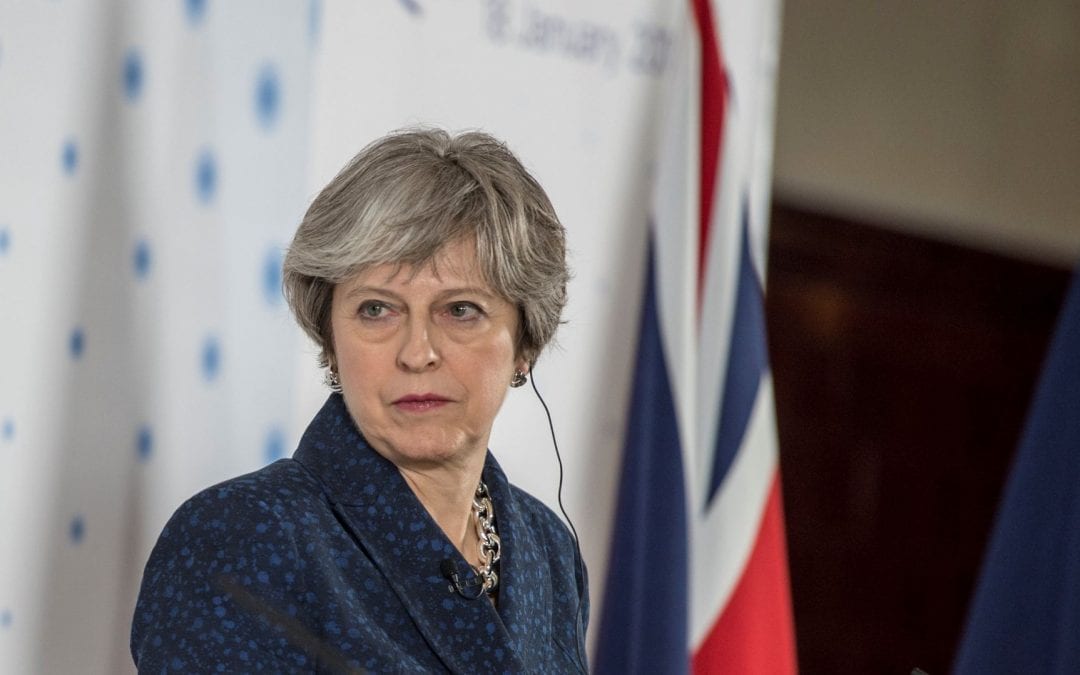When: Thursday 2 August, 5pm
Where: University of Auckland
Lecture Theatre G02
Science Centre (Building 303)
38 Princes Street
Theresa May is the leopard-print, shoe wearing former Home Secretary who found herself Prime Minister, when none of the ‘big beasts’ were left standing following David Cameron’s resignation after the 2015 General Election. If fratricide explains the lack of competitiveness over the party leadership, her mastering of the Home Office brief for 6 years reassured Tories that their second woman Prime Minister was the ‘best man for the job’. Hers was to be a political agenda of redress for the ‘just managing’ and she would tackle the injustices of race, sex, class, and age. As May made clear on the steps of Downing Street on her first day: ‘the government I lead will be driven, not by the interests of the privileged few, but by yours’. With opinion polls in her favour, the ‘strong and stable’ Prime Minster called a snap election in 2017, seeking a mandate to deliver on Brexit.
This was her mistake. Lacking a parliamentary majority, May was forced to make a deal with the Democratic Unionist Party. Thereafter, she has found herself hanging on to the cliff edge, glass or otherwise.
It is important to recognise that Theresa May is the UK’s first female and feminist Prime Minister. She was involved in the feminization of the Tories during the 2000s, calling out its reputation as the ‘nasty party’. She co-founded Women2win, a ginger group designed to support Conservative women to get elected to Parliament, and she has championed a range of women’s issues. In this lecture, I offer a gendered reading of May’s premiership: considering how – as she serves seemingly at the behest of others and facing the most difficult of policy environments – gender mediates what she does, as well as the ways in which her premiership is perceived. In this I reject depicting her as the classic ‘glass cliff’ woman leader, as if any other PM would not also be on the Brexit cliff edge.
Sarah Childs is the Director of the Centre for the Study of British Politics & Public Life at Birkbeck. She has published widely on women, representation, party politics and Parliament. Her recent publications include Deeds and Words (2015) with Rosie Campbell and Gender, Conservatism and Political Representation (2015) with Karen Celis. She is also the author of The Good Parliament Report.
She is currently working on a new book on representation theory.


